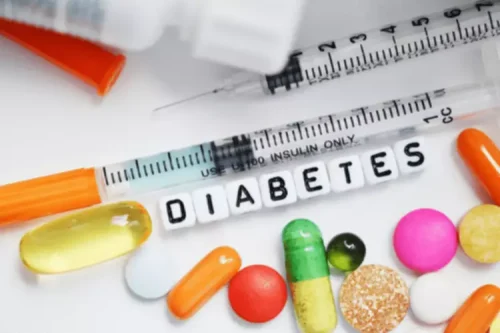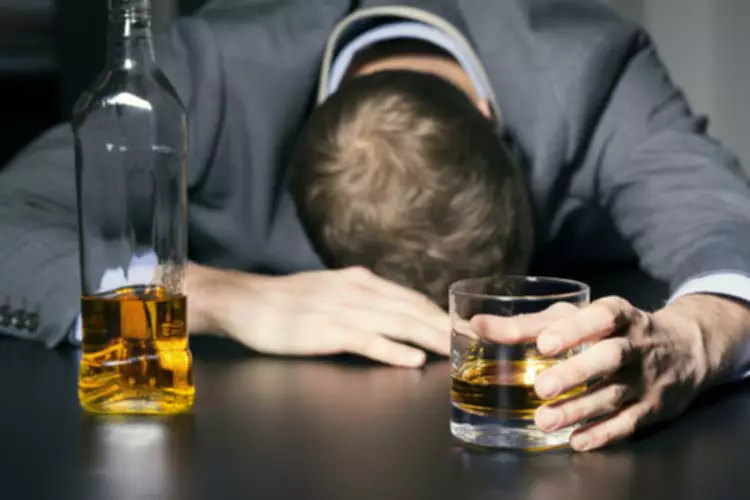Sober living
Why Do Alcoholics Crave Sugar? The Science Behind the Cravings

Several factors come into play, including alcohol-induced hypoglycemia, tolerance to sugar from alcohol intake, and the use of sugar as a substitute for alcohol. Incorporating nourishing whole foods and practicing balance and mindful eating are essential components of managing sugar cravings in recovery. By implementing these strategies, individuals can support their physical and emotional health while working towards a successful and sustainable recovery journey. One effective way to combat sugar cravings is to focus on nourishing the body with whole, nutrient-dense foods.
Effects of Suboxone on People Who Use Fentanyl
Recognizing these factors and addressing them as part of a comprehensive recovery plan can increase the chances of successful recovery. Studies have shown that individuals in early recovery often substitute sweets for substances to improve mood and soothe cravings. This substitution can be seen as an aid to abstinence, rather than a potential hindrance [5]. Those advised to avoid sugar reported higher abstinence rates (83%) compared to those told to consume a balanced diet (58%) or to use sweets to cope with alcohol cravings (53%). One study suggests that consuming sweets in early recovery poses a risk for treatment outcomes.

Methadone Side Effects
Find out why people with alcohol use disorders crave sugar and learn strategies to manage these cravings. Alcohol significantly affects blood sugar levels, causing a yo-yo effect. Initially, alcohol raises blood sugar https://ecosoberhouse.com/article/alcoholics-heart-problems-cardiomyopathy/ levels, but after processing, levels drop dramatically. This is because alcohol increases insulin secretion and prevents the liver from releasing glucose, making heavy drinkers susceptible to hypoglycemia.
The Struggle of Addiction and Financial Problems
By following these strategies and seeking support when needed, individuals with alcohol use disorders can manage their sugar cravings during recovery and maintain a healthy lifestyle. For people with alcohol use disorders, low blood sugar levels can be why do alcoholics crave sugar a common occurrence. This is because alcohol consumption can interfere with the liver’s ability to produce glucose, leading to a drop in blood sugar levels. Alcohol misuse is a complex and challenging disease that affects millions of people worldwide.
- Unfortunately, satisfying sugar cravings can prolong recovery and lead to other medical complications.
- This desensitization can contribute to cravings for substances that can still trigger dopamine release, such as sugar.
- Recovering alcoholics often develop a strong emotional association with sugar.
- In the context of recovering alcoholics, mindful eating can be a powerful tool to address sugar cravings and promote overall health and wellness.
An Effective Rehab Program Ensures That You Don’t Cave to Sugar or Other Addictive Substances
How to Financially Recover After Addiction? A Step-by-Step Guide
- In addition to the biological influences, psychological factors also contribute to the cravings for sugar among recovering alcoholics.
- Too much sugar negatively impacts your overall health and prevents your body from recovering.
- Quitting drugs and alcohol is a personal decision and nobody can make that choice for you.
- Psychological factors, habits, and even individual factors, such as metabolism, can also play a part in why people get sugar cravings after quitting drinking.
- Various factors, including nutrient deficiencies and the emotional regulation, contribute to these cravings.
- The body, in an attempt to restore balance, triggers cravings for sugar, a quick source of energy, to counteract the low blood sugar levels caused by alcohol consumption [1].
- Discover what is sober living, its benefits, rules, and the support you can expect on the path to recovery.


